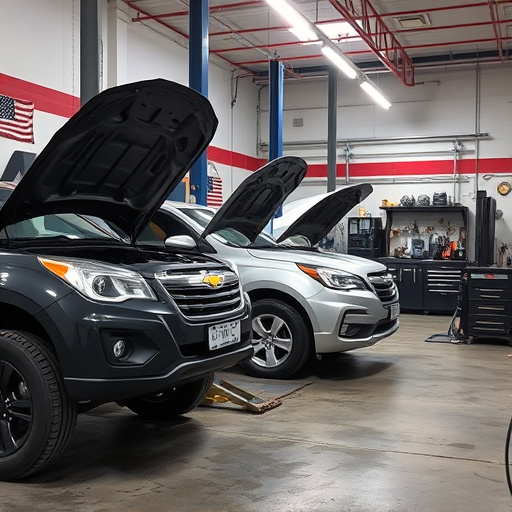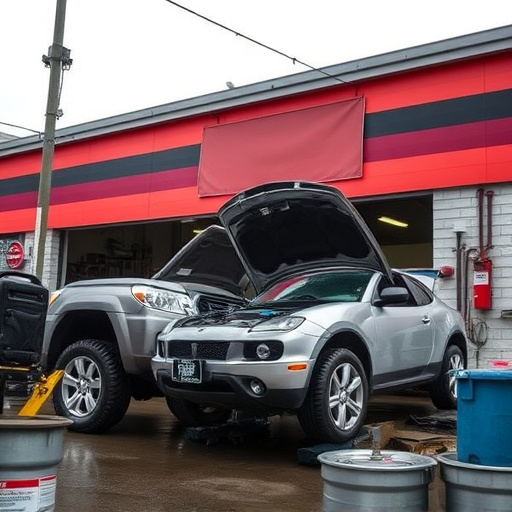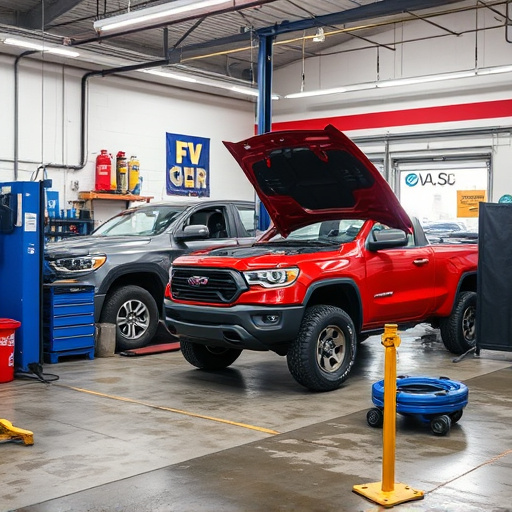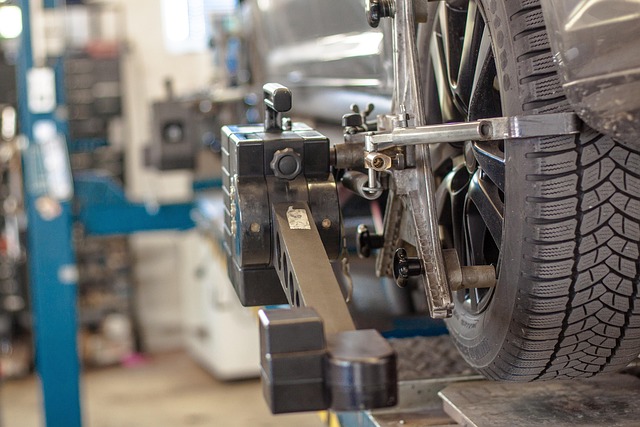Strategic preparation enhances insurance company negotiations by fostering clear communication of needs and expectations, gathering comprehensive data, understanding insurer tactics, providing robust evidence, and measuring key performance indicators post-preparation to ensure continuous improvement in claim settlements.
Insurers facing complex negotiations often wonder how to secure the best deals. This article explores why preparation is a game-changer for insurance companies, providing insights into its profound impact on negotiation outcomes. We delve into key strategies to enhance deal-making skills and offer methods to measure post-preparation success. Understanding the value of thorough preparation equips insurers to navigate negotiations effectively, ultimately improving results and fostering stronger client relationships. Discover how you can master the art of insurance company negotiations through strategic planning and execution.
- Understanding the Impact of Preparation on Negotiation Outcomes
- Key Strategies to Enhance Insurance Company Deal-Making
- Measuring Success: Evaluating Post-Preparation Performance
Understanding the Impact of Preparation on Negotiation Outcomes

Insurers often view a well-prepared client as a step closer to reaching a mutually beneficial agreement. When negotiating with an insurance company, understanding and demonstrating your needs and expectations can significantly shape the outcome. Preparation allows individuals or businesses to clearly articulate their position, ensuring every aspect of the claim is thoroughly discussed. For instance, when dealing with hail damage repair or vehicle body repair claims, a prepared party can present a detailed assessment of the damages, providing a solid foundation for negotiations.
Being ready to engage in these discussions equips you with the knowledge to navigate potential challenges and complexities. It enables you to question assumptions, understand policy clauses, and propose solutions that address both short-term needs and long-term interests. This strategic approach increases the likelihood of achieving favorable vehicle body shop outcomes and ensuring claims are settled efficiently.
Key Strategies to Enhance Insurance Company Deal-Making

Insurers expect a level of professionalism and thoroughness when negotiating claims settlements. To secure the best results, insurance company negotiations should be approached with strategic preparation. First, gather all relevant information about the case – this includes medical reports, police statements, and detailed estimates from reputable car repair shops like automotive body shops. Having accurate and up-to-date data strengthens your position and demonstrates a commitment to transparency.
Additionally, anticipate potential arguments or counteroffers by understanding the insurer’s common negotiating tactics. Be prepared to offer logical explanations and supporting evidence for every aspect of your claim. For instance, if you’re seeking compensation for vehicle collision repair costs, provide detailed quotes from multiple automotive body shops to validate the amount requested. This proactive approach ensures a more productive dialogue, leading to faster resolutions and fairer settlements during insurance company negotiations.
Measuring Success: Evaluating Post-Preparation Performance

Measuring success after preparation is a crucial step to truly understand the impact of thorough planning in insurance company negotiations. It allows for a comprehensive evaluation of the post-preparation performance, highlighting areas where strategies were effective and identifying potential gaps or weaknesses. By comparing pre-preparation outcomes with post-preparation results, companies can quantify the positive changes brought about by their preparation efforts. This analysis provides valuable insights into which aspects of the negotiation process require further enhancement and helps to refine future strategies.
For insurance providers, evaluating post-preparation performance might involve assessing settlement amounts, claim processing times, customer satisfaction ratings, and the overall efficiency of resolving disputes. For instance, if a company has prepared detailed records and arguments for complex cases, successful outcomes could be measured by reduced litigation time and higher client retention rates. Similarly, improved communication strategies can lead to quicker response times for auto glass repair or auto body repairs claims, enhancing customer experience and potentially reducing costs associated with delayed maintenance.
Insurers can significantly enhance their negotiation outcomes by prioritizing preparation. Understanding the impact of strategic planning, employing effective communication tactics, and analyzing data can lead to more favorable deals. By implementing these key strategies and measuring success through performance evaluation, insurance companies can achieve better results in every interaction. Preparedness is a powerful tool that ensures every negotiation contributes to long-term growth and client satisfaction.














